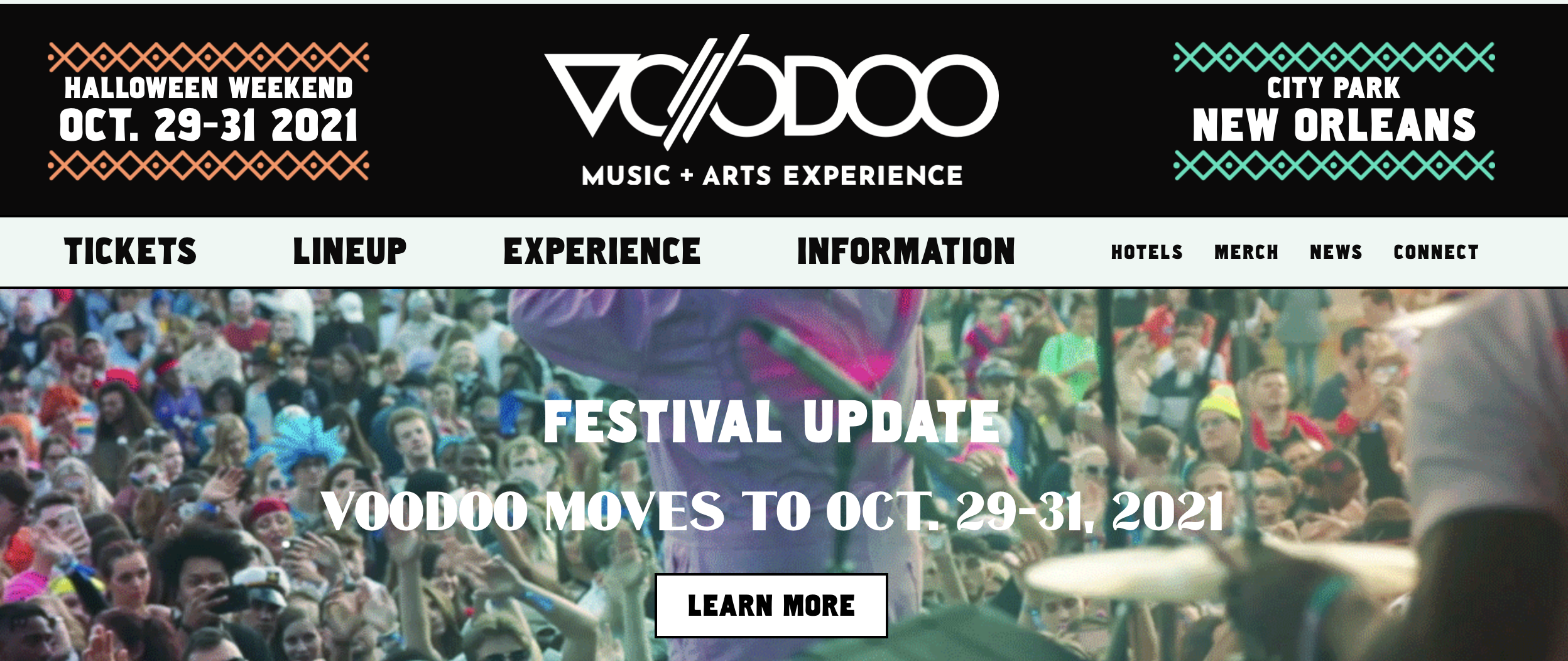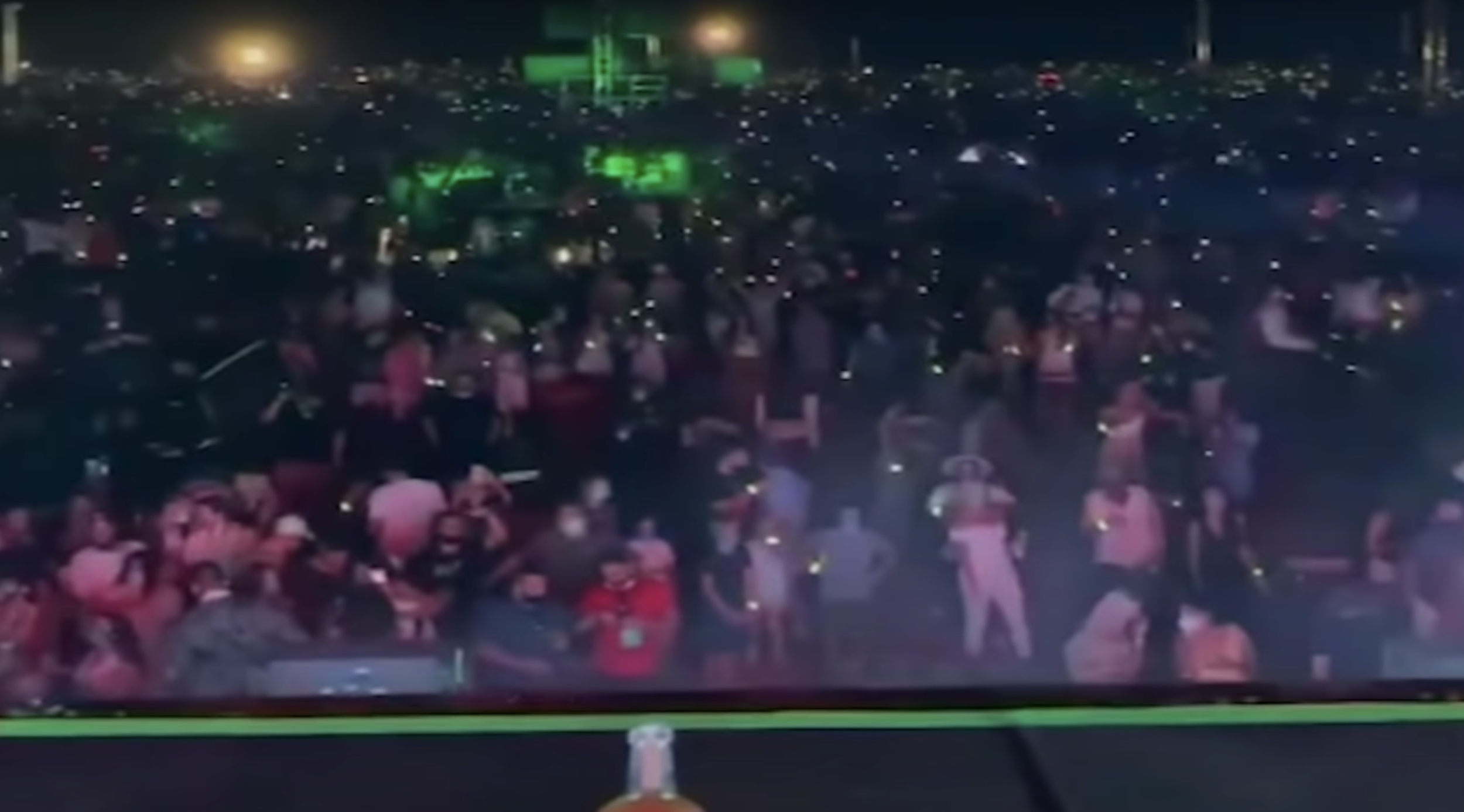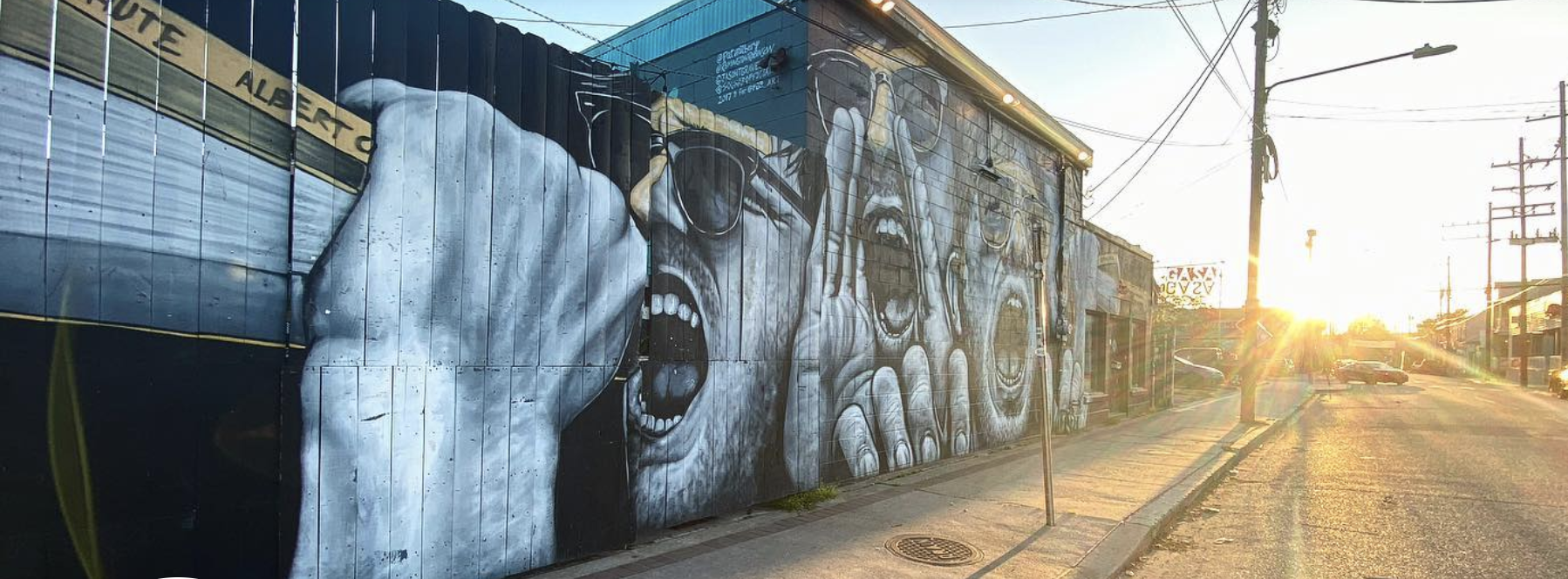What's Lost When We Lose The Circle Bar

The Circle Bar in the daytime.
The storied venue on what used to be Lee Circle announced that it will close this year, and New Orleans will lose something more significant than memories when it does.
This weekend, people remembered The Circle Bar’s heyday on social media. The music venue announced, “To be clear, ‘Yes’ it looks like The Circle Bar won’t live on past 2020.” The closure is only partly due to Coronavirus, booker Michael Bateman announced on his Facebook page. He wrote, “The lease ends at the end of 2021, but will not be renewed.” So far, the owner has been generous dealing with unpaid rent, but Bateman saw little incentive to try to nurse the venue through the shutdown with no end in sight, only to lose ur a year later anyway.
Like The Mermaid Lounge before it, The Circle Bar benefited for a long time from operating in a space where no one expected live music. It wasn’t on in-demand real estate and didn’t have neighbors to worry about. When Kelly Keller and Dave Clements opened the bar in 1999, it was the only thing happening on Lee Circle. And it definitely was a bar, unlike many live music venues. People dropped in before and after shows, so it was a hangout as much if not more than it was a venue.
The Circle Bar was the antithesis of The House of Blues, which was New Orleans’ premiere rock venue at the time. The House of Blues was as intimate as an 800 or so seat venue could be, where as The Circle Bar was genuinely intimate. The Rakers’ Alex Cook described it this weekend as a “rock ’n’ roll parlor.” Bob Dylan and Marilyn Manson went to The House of Blues when they wanted to play club dates, but The Circle Bar’s stars were less celebrated—singers like Detroit’s Nathaniel Mayer, Tony Joe White, and the unsung heroes of rock ’n’ roll that became staples at The Ponderosa Stomp, an event that was born at The Circle Bar and put its aesthetics on display. The Circle Bar didn’t have VIP balcony seats; in fact, it only had three or four seats with a view of the stage, which was really just the alcove where the band set up. That made it a loud and sometimes difficult place to see a show, but it was always a great place to be and, as many people have talked about this weekend, pump money into what has to have been one of the all-time great jukeboxes.
The years from 1999 to 2007 made the venue’s reputation, and it was those years that people were remembering fondly this weekend. I get it. I loved going there then too to a place where my musical and cultural values played out nightly, and I could find people who shared them with me. But bars are defined by the people who populate them, and when that population changes, so does the club. Keller’s death in 2004 changed things, and post-Hurricane Katrina prompted others to leave, whether because they lost their apartments or because life in New Orleans got pretty heavy in 2006. When manager Lefty Parker moved on in 2007, The Circle Bar was still The Circle Bar, but enough had changed that it was never going to be exactly what it had been again.
But while I read people writing that they were heartbroken by The Circle Bar closing, I wondered how many had been to The Circle Bar in the past five or 10 years. How many were mourning the closure of a venue and how many were sad that the door is now definitively closed on a period that ended 13 years ago? I don’t ask the question in a judgmental way because it became less a part of my musical world too. Friends I looked for there had moved on, and the bookers that followed—Jason Songe and Michael Bateman—still booked bands I was interested in, but our tastes didn’t line up as often. I was last there in 2015 to see a great show from Cincinnati indie rock band Wussy, and somewhere around that time, I saw a good solo show by Clint Maedgen. The Maedgen show was the kind of thing the bar had always done—give interesting people the time and freedom to do something interesting.
In all of its incarnations, The Circle Bar gave young bands a place to gain experience and try to find an audience, and that’s the part that makes me sad. Whatever music scene New Orleans has after the shutdown will have a place for Galactic and a place for Tank and the Bangas. There will be places for Alex McMurray and Debbie Davis to play. Artists with Jazz Fest on the resumés and a history of drawing audiences will get gigs. But bands that played The Circle Bar, Gasa Gasa, and the back room of Hey! Cafe don’t have the same assurance. When entrepreneurs think about opening a club, they’re less likely to opt for unpredictable world of indie rock, which will only make life harder for those bands.
Creator of My Spilt Milk and its spin-off Christmas music website and podcast, TwelveSongsOfChristmas.com.






